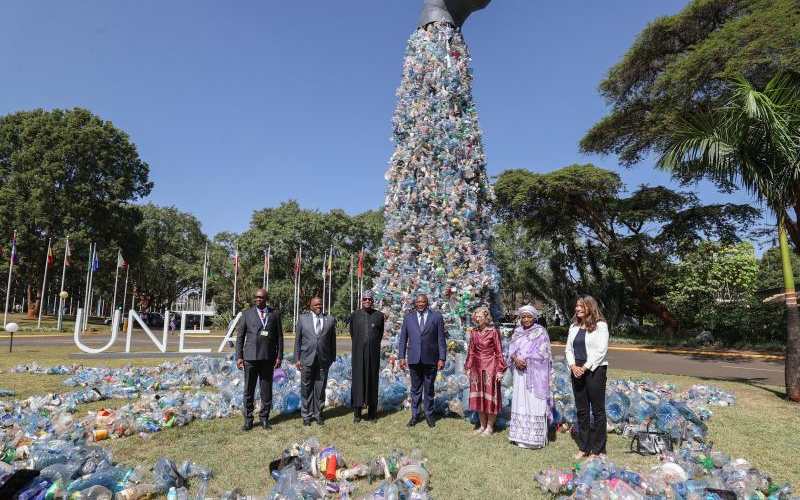×
The Standard e-Paper
Smart Minds Choose Us

President Uhuru Kenyatta together with fellow Head of States during the official opening of two-day events to commemorate the 50th anniversary of the United Nations Environment Programme at UN Complex in Gigiri, Nairobi City County.
There are moments when being a Kenyan in a foreign country makes one proud. You may have experienced such courtesy of our athletes. But I have experienced another.






